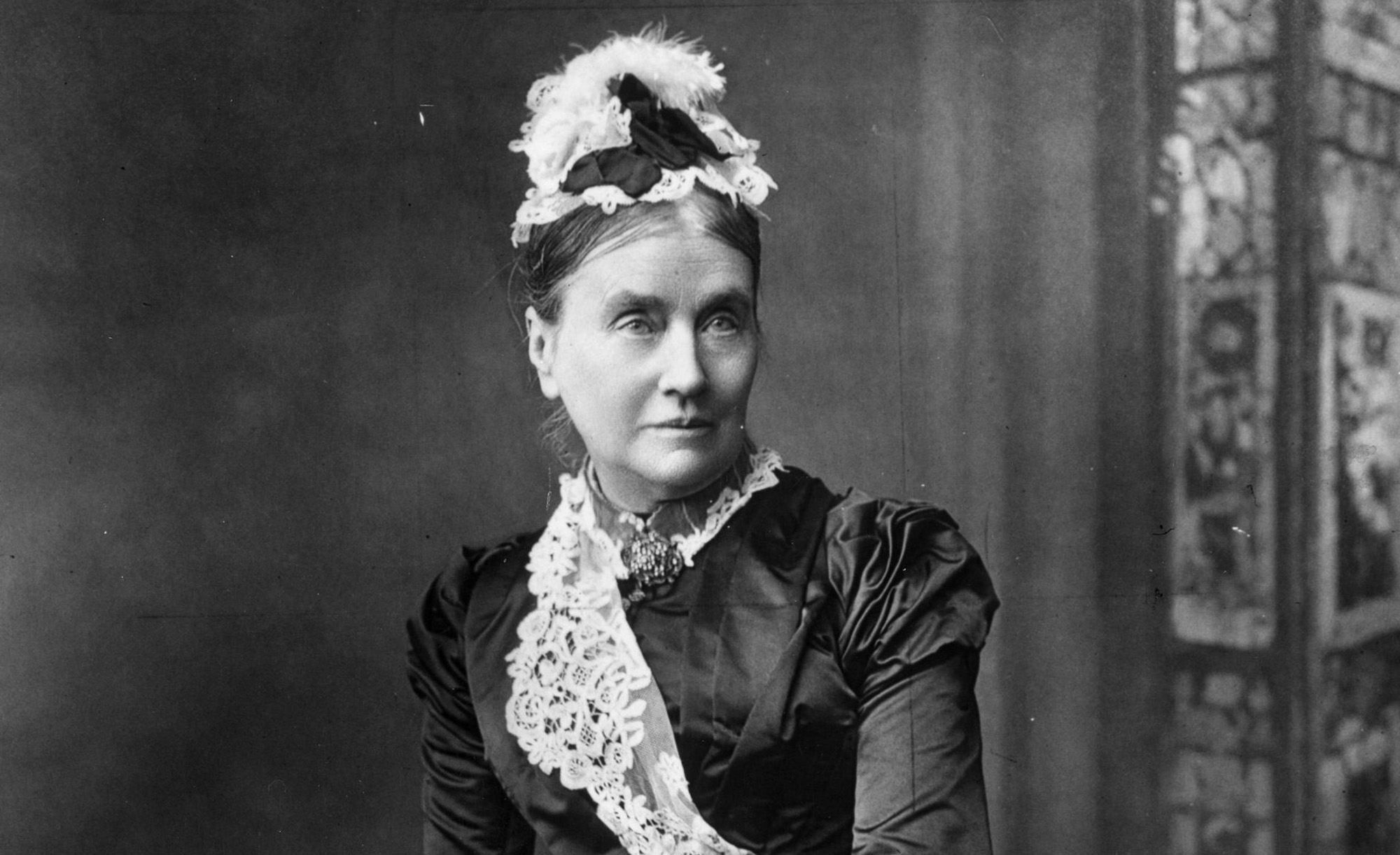
Dr. Maura Ives, a professor in the Department of English and director of the Center of Digital Humanities Research, has received a summer stipend from the National Endowment of the Humanities for her project, “The Letters Of Jean Ingelow.” The stipend will aid in her research and writing leading to a critical edition of the correspondence of this British poet, novelist and children’s author who lived from 1820 to 1897.
“Jean Ingelow’s 1863 Poems were wildly successful and made her one of the most famous authors of the mid-19th century,” Ives said. “She had a huge following in England and the United States, and so many requests for her autograph that she arranged with her U.S. publisher to sell signed, handwritten copies of her poems, with the proceeds going to charity.”
Born in Lincolnshire in 1820, Ingelow began submitting verses and stories to The Youth’s Magazine at the age of 31 under the pseudonym Orris. Her first volume, A Rhyming Chronicle of Incidents and Feelings, was published anonymously. She went on to publish stories, poems, novels and children’s literature.

Much of the correspondence is housed in archives and special collections that may require Ives to travel to England. These letters offer valuable insight into the life and career of a once popular but now largely forgotten author.
“I became interested in Ingelow years ago because I kept seeing her name pop up in 19th century reviews of other authors,” Ives said. “Who was she? And why hadn't I heard about her? As I've learned more about Ingelow, I've realized that her story was interesting in itself and important in the history of 19th century literature, celebrity culture and correspondence studies.”
Ives hopes her research will bring recognition and perhaps recover the voice of Ingelow.
“Because there is not a reliable biography of Ingelow, I hope the letters will give other scholars a clearer picture of her life and work, as well as her relationships with other authors,” she said. “Without telephones, email or social media, letters were the way that 19th century people did everything—managed their social lives, stayed connected with friends and family and conducted business.
In Ingelow's case, the letters also show what it was like for someone in the 19th century to suddenly become famous, with all the opportunities and challenges that brought. It's a fascinating story, and her letters bring it to life.”

